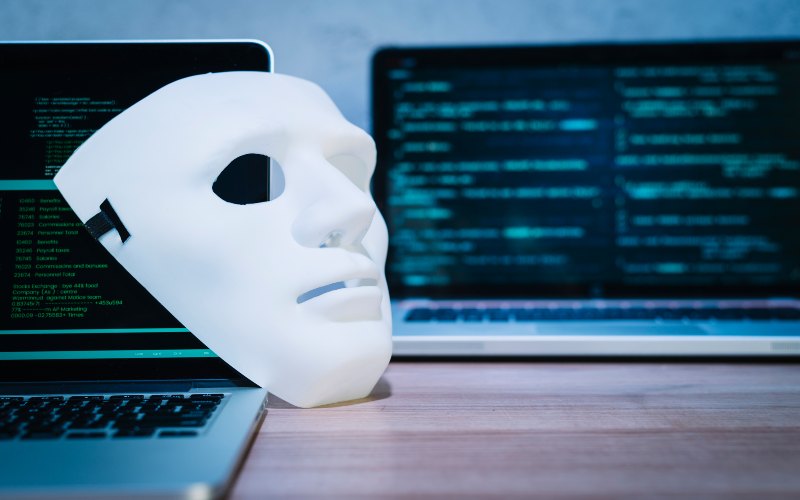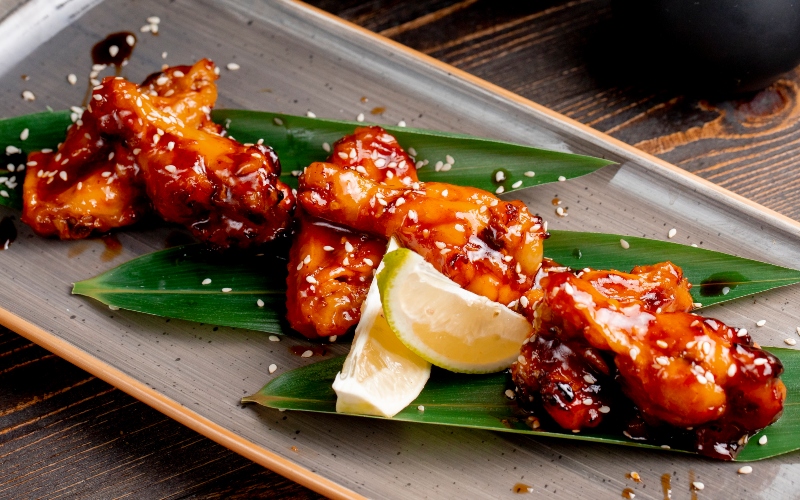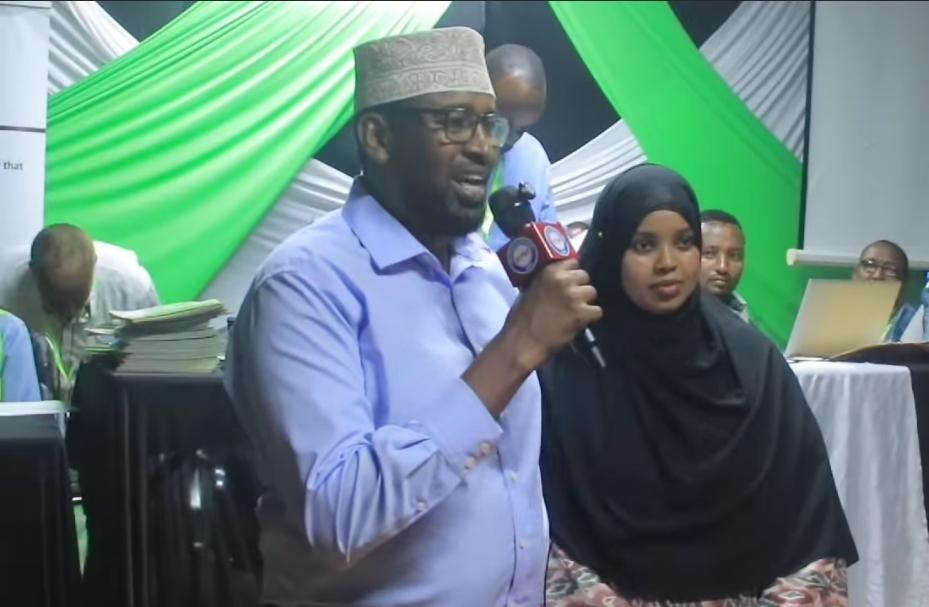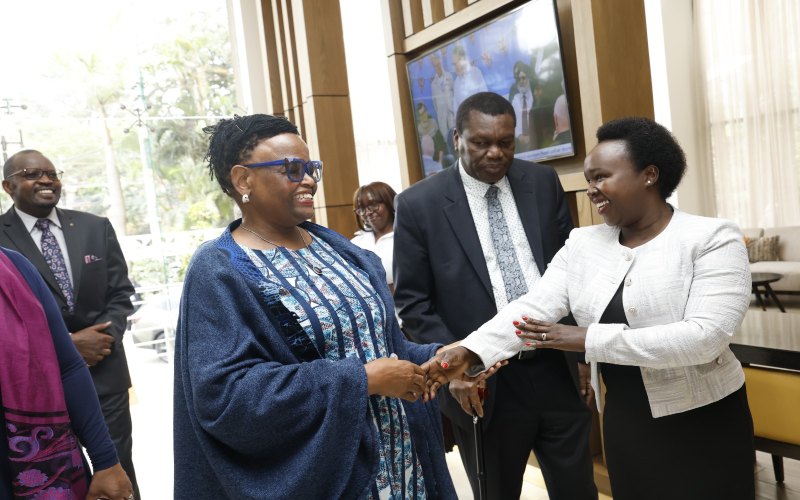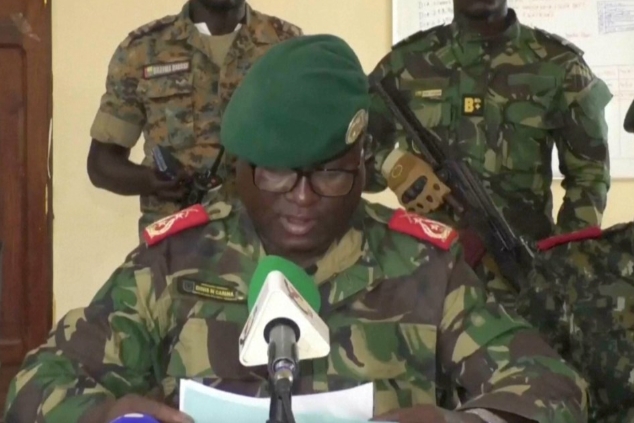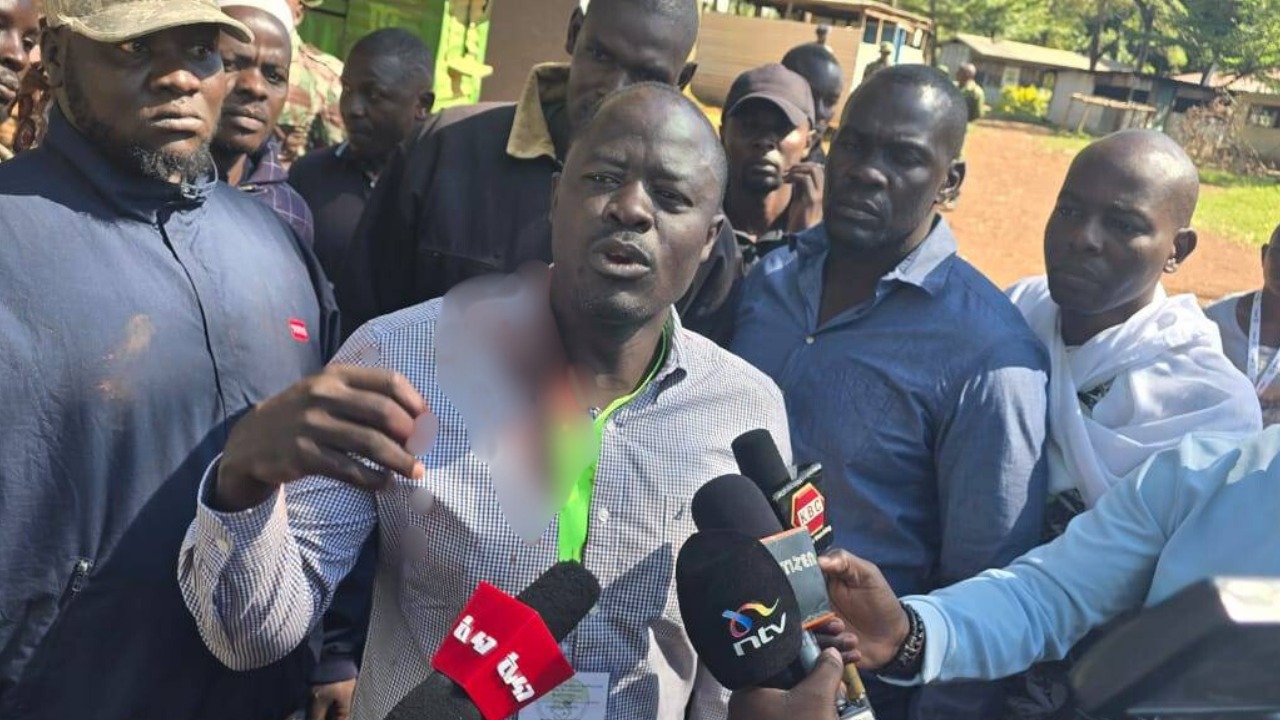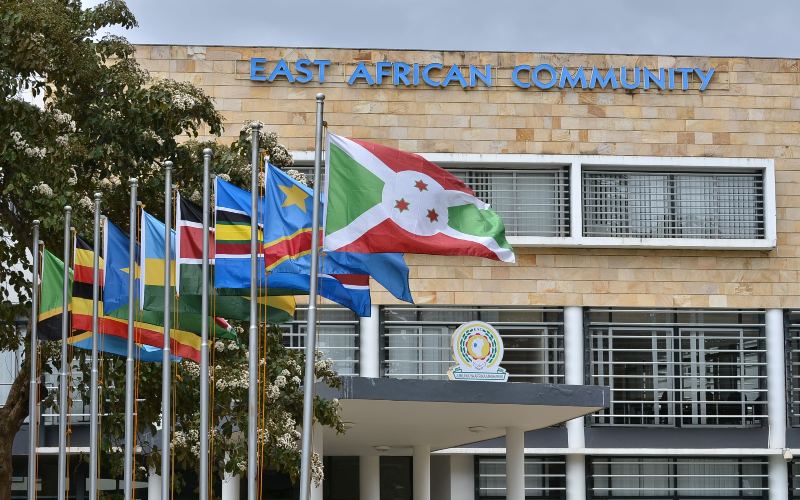Deposed Guinea-Bissau President Umaro Embaló flown to Senegal as coup deepens
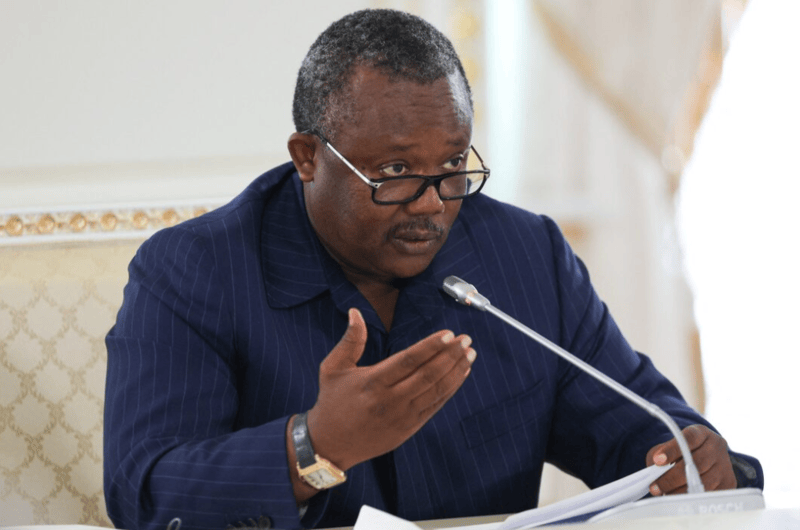
Senegal’s foreign ministry confirmed that Embaló had been flown in on a chartered military aircraft and was “safe and sound” after Ecowas-led discussions that secured his transfer.
Tension around Guinea-Bissau’s political crisis escalated further on Thursday as the country’s former president, Umaro Sissoco Embaló, surfaced in Senegal, hours after soldiers who removed him from office granted him passage out of the country.
Embaló's arrival followed a day of heavy uncertainty in Bissau, where the military continued to tighten its grip after stopping the release of presidential and parliamentary election results.
More To Read
- ECOWAS suspends Guinea-Bissau after post-election coup
- Guinea-Bissau: Who is toppling whom, how and why?
- Karua accuses AU of double standards over Guinea-Bissau coup, Tanzania election crisis
- Guinea-Bissau military appoints Gen Horta N’Ta as transitional leader after coup
- African Union, ECOWAS condemn Guinea-Bissau coup, demand release of detained leaders
- Africa’s agricultural exports are losing ground: Four key interventions that could lift sector again
Senegal’s foreign ministry confirmed that Embaló had been flown in on a chartered military aircraft and was “safe and sound” after Ecowas-led discussions that secured his transfer.
His departure came as the regional bloc sought to contain rising anxiety sparked by Wednesday’s takeover.
Guinea-Bissau’s military has now placed General Horta N’Tam at the head of a one-year transition, formalising his leadership during a swearing-in ceremony earlier in the day.
Gen N’Tam, who previously served as army chief of staff, said the soldiers acted “to block operations that aimed to threaten our democracy”. Soon after his speech, border points that had been closed when the takeover was announced were reopened.
The coup unfolded just ahead of the planned release of provisional election results, deepening questions about the vote.
Both Embaló and his closest challenger, Fernando Dias, had already said they won Sunday’s presidential poll, even before the electoral body could make any declaration.
Dias received support from former Prime Minister Domingos Pereira, who had been barred from running, adding another layer of political rivalry to an already strained contest.
The military said it intervened to stop a plan by unnamed political figures allegedly working with “the support of a well-known drug baron” to disrupt the country.
A night-time curfew has been imposed, and soldiers remain deployed across the capital. According to government sources cited by the BBC, Dias, Pereira and Interior Minister Botché Candé were taken into custody.
Shops and markets in Bissau stayed shut on Thursday as residents kept indoors while soldiers patrolled major roads.
The junta has banned public protests and “all disturbing actions of peace and stability in the country”, according to the AFP, heightening concerns over freedom of movement and expression.
The power shift has revived long-standing questions about Guinea-Bissau’s fragile political history.
Since it gained independence from Portugal in 1974, the country has seen repeated takeovers and attempts, driven in part by the military’s deep involvement in national affairs and Guinea-Bissau’s reputation as a trafficking hub in West Africa.
Some civil society groups have accused Embaló of working with elements of the military to stage what they described as a “simulated coup”, suggesting he used the situation to stop the release of results that may not have favoured him.
Dias made similar remarks, calling the events an “organised coup” and insisting he believed he won about 52 per cent of the vote. Embaló has not commented on the claims.
He has often said he survived several attempts to overthrow him during his time in power, though critics have long challenged those statements.
The military takeover has been condemned by key international bodies.
Ecowas suspended Guinea-Bissau from all its decision-making organs and urged the soldiers to return to the barracks, describing their action as a “grave violation of Guinea-Bissau's constitutional order”.
The African Union (AU) also expressed its disapproval and called for respect for constitutional rule. UN Secretary-General Antonio Guterres said he was “deeply concerned” and called for the “immediate and unconditional restoration of constitutional order”.
The latest takeover adds to a long list of upheavals, with the country recording at least nine coups or attempts in the past five decades, leaving its political future unsettled once again.
Top Stories Today
